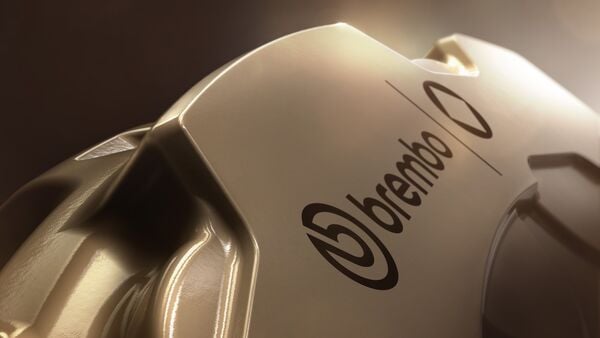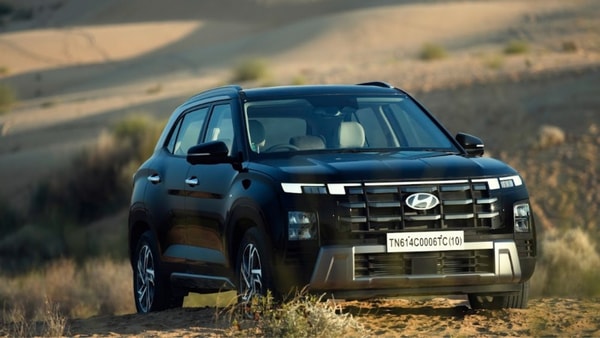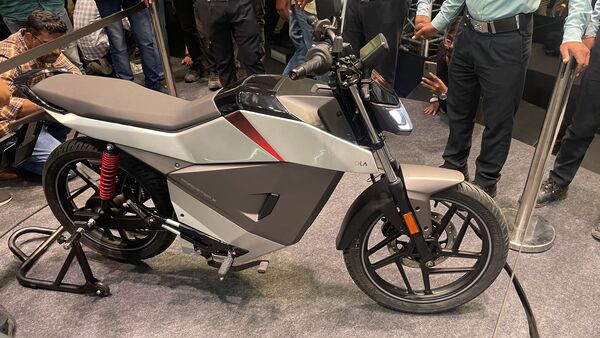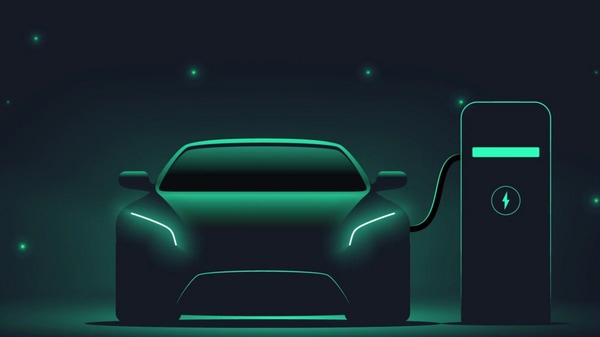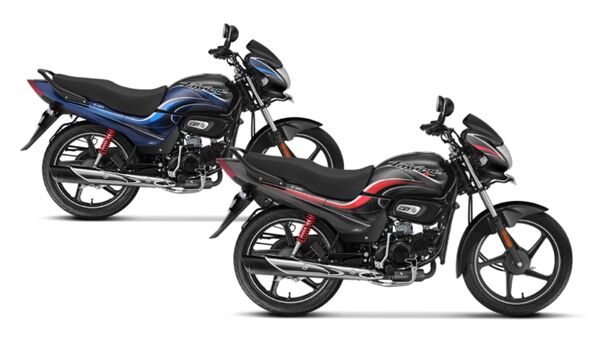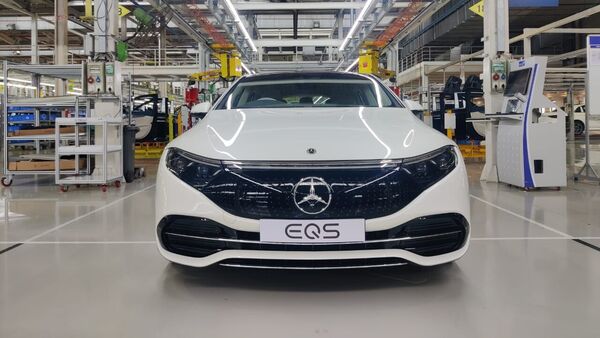
Mercedes-Benz mulls more EV assembling in India for green goals
9 months ago | 99 Views
Luxury carmaker Mercedes-Benz is exploring the possibility of assembling more electric vehicles (EVs) at its Indian plant in Chakan, Maharashtra. This move goes beyond just cost benefits, aiming to achieve the company's global zero-emission mobility and carbon neutrality goals, a report by PTI stated.
“Our ultimate objective is zero-emission mobility and a carbon-neutral setup," stated Santosh Iyer, Managing Director & CEO of Mercedes-Benz India. He emphasised that this encompasses not just tailpipe emissions, but also factors like car recyclability and the carbon footprint generated during production.
“We need a holistic approach, and therefore, producing EVs was the logical step," Iyer continued. “We'll keep moving in that direction as market demand evolves." His statement underscores Mercedes-Benz India's commitment to EVs as the future of transportation.
Mercedes-Benz India began assembling its flagship electric sedan, the EQS, at the Chakan plant in October 2022. This marked a significant step towards local EV production. Currently, the Mercedes-Benz EQS is the only locally assembled model out of the four EVs the company sells in India – the Mercedes-Benz EQA, Mercedes-Benz EQB, Mercedes-Benz EQE SUVs and the EQS sedan – priced between ₹66 lakh and ₹1.6 crore.
Cost advantages and knowledge building
Iyer acknowledged the cost benefits associated with local assembly. “Localisation allows us to offer certain cost advantages," he explained. “For instance, the locally assembled EQS is priced around ₹1.5 crore, which would have been considerably higher otherwise."
Also watch: Mercedes EQA review: The smallest luxury electric SUV dreams big
However, the benefits extend beyond cost savings. Local EV production fosters knowledge acquisition within the Indian workforce. “The ability to produce EVs alongside combustion engines gives us a highly adaptable production line," Iyer said. “This flexibility allows us to gain valuable knowledge as we transition towards a future dominated by EVs."
Global sustainability goals drive local action
Mercedes-Benz has set ambitious global sustainability goals. The company aims for its entire new vehicle fleet to achieve net carbon neutrality throughout the value chain and vehicle lifecycle by 2039. Additionally, they strive for all production facilities to utilise 100 per cent renewable energy with zero CO2 emissions by the same year.
Mercedes-Benz is committed to a significant reduction in its environmental impact. Their ‘Ambition 2039’ initiative targets a 50 per cent decrease in CO2 emissions per car by the end of this decade, considering the entire lifecycle of their new vehicles.
India's EV market potential
Iyer indicated that Mercedes-Benz is open to assembling more EVs in India, but emphasised the importance of market demand. “Localising production requires a certain threshold volume," he explained. “We're closely monitoring the situation and are prepared to invest as needed."
While remaining tight-lipped about specific models, Iyer hinted at future surprises. “We surprised the market with the EQS, and we plan to continue offering localised products in the future," he said. This suggests exciting prospects for a wider range of locally assembled Mercedes-Benz EVs in India.
EV sales growth signals positive outlook
Mercedes-Benz India recorded a 9 per cent increase in sales during the first half of 2024, reaching a record-breaking 9,262 units. Notably, EVs contributed over 5 per cent of total sales volume, with a 60 per cent growth compared to the same period in 2023. This positive trend indicates a growing appetite for luxury EVs in the Indian market.
Mercedes-Benz believes that as EV demand in India continues to rise, local production offers a win-win scenario, providing cost advantages, fostering knowledge transfer, and contributing to the company's global sustainability goals.


